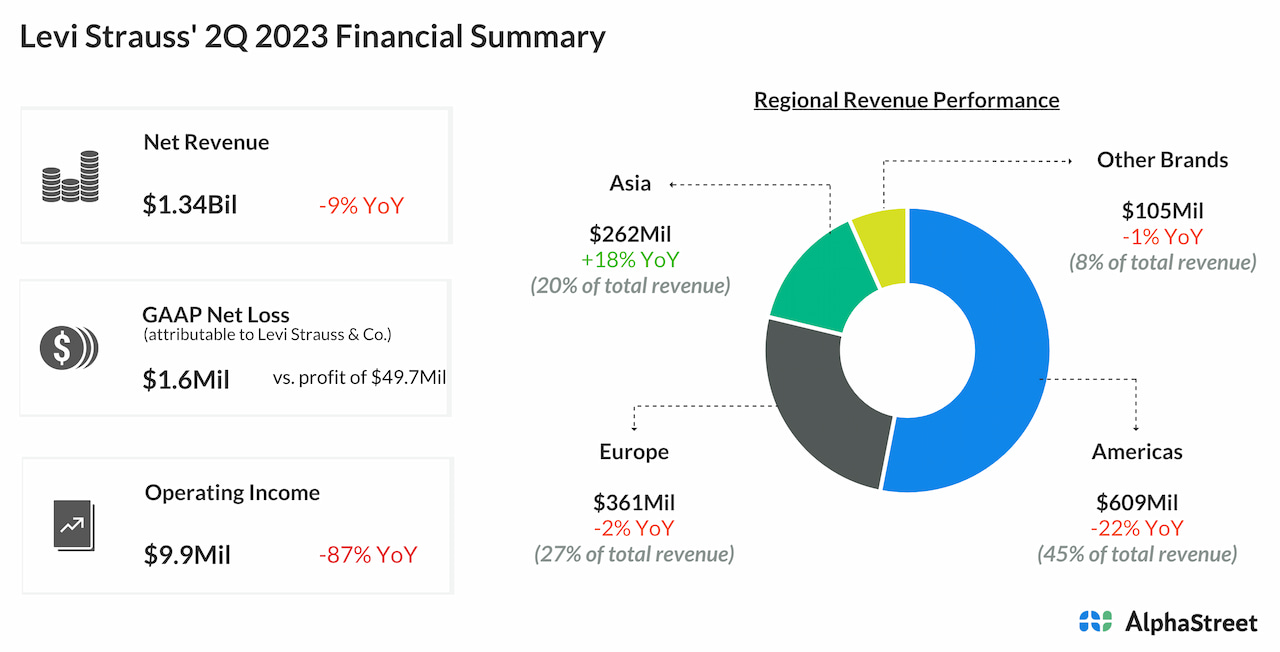When reading, I often have an experience of a small phrase triggering my memory and making a connection between the page in front of me and something I’ve read previously, either recently or many years ago. One example of this came from David Schmidtz’s recent (and excellent) book Living Together: Inventing Moral Science. The phrase in question was about giving someone their due, and it brought to mind a time when I read that phrase being used to characterize a very different mindset than the one Schmidtz describes.
The older example, brought back to my memory while reading Schmidtz’s book, comes from an essay written by the British physician Theodore Dalrymple years ago. Dalrymple writes how doctors from impoverished countries will regularly come to England “to work for a year’s stint at my hospital.” He describes how these doctors start out “uniformly enthusiastic about the care that we unsparingly and unhesitatingly give to everyone, regardless of economic status.” Yet, says Dalrymple, by “the end of three months my doctors have, without exception, reversed their original opinion that the welfare state, as exemplified by England, represents the acme of civilization. On the contrary, they see it now as creating a miasma of subsidized apathy that blights the lives of its supposed beneficiaries.”
One step along the process Dalrymple outlines is when these doctors begin to ask “why so few people seemed grateful for what was done for them.” Dalrymple in turn suggests when “every benefit received is a right, there is no place for good manners, let alone for gratitude.” Dalrymple uses an example of one patient who arrived near death, and who “required intensive care to revive him, with doctors and nurses tending him all night.” Upon awakening, this patient treated the staff with a continuous stream of contempt and abuse. These transfer doctors initially “assume that the cases they see are a statistical quirk, a kind of sampling error, and that given time they will encounter a better, more representative cross section of the population. Gradually, however, it dawns upon them that what they have seen is representative.” As for this patient, Dalrymple says, there was “no acknowledgment of what had been done for him, let alone gratitude for it. If he considered that he had received any benefit from his stay at all, well, it was simply his due.”
Simply his due. That was the mindset many come to absorb from a lifetime of living in a welfare and entitlement state. The idea that the labor and efforts of other people is something one is entitled to benefit from, by right, while owing them nothing in return. Because why would I owe anything to these people, when I’m entitled by right to receive the benefits of their work? They aren’t doing anything special for me deserving of compensation, gratitude, or even acknowledgement – they’re just giving me what I’m already owed, what is by right mine to take and which third parties can properly force them to provide if they won’t do it willingly.
A very different picture of giving one their due comes from Schmidtz’s work, where he points out that Adam Smith’s famous phrase “It is not from the benevolence of the butcher, the brewer, or the baker that we expect our dinner, but from their regard to their own self-interest. We address ourselves not to their humanity but to their self-love, and never talk to them of our own necessities, but of their advantages,” is not, as some careless readers have taken it, a suggestion that people are only motivated to help each other out of self-interest. As Schmidtz puts it:
Second, it makes perfect sense for the author whose first book treated benevolence as primary to subsequently ask how to respond benevolently to trading partners. Why, as a benevolent person hoping to truck and barter with brewers and bakers, do you address their self-love? Answer: because you want them to be better off for having come to you. Notice that Smith does not say bakers are motivated solely by self-love. He says we address ourselves not to their benevolence but their self-love (WN, Book I, chap. 2). This is a reflection on our psychology, not theirs. He is offering insight not into the self-love of bakers but into what it takes to be benevolent in our dealings with them.
In sum, the author of Moral Sentiments gives center stage to virtue and benevolence, but, in elaborating what benevolence means, the author of Wealth of Nations belabors the obvious: namely, a man of true benevolence wants his partners to better off with him than without him. The point of addressing other people’s self-love is to give other people their due. That is what it’s like to succeed in one’s attempt to be sympathetic.
Here, Schmidtz highlights what is wonderfully humanizing and noble about markets and market exchange. Markets encourage us to see other people not merely as servants to our needs, from whom we are entitled to take and to whom we own nothing in return. Markets encourage us to make ourselves better off by making other people better off as well, by providing them what they want and what they value. Some of the less insightful critics of capitalism charge markets with encouraging greed and selfishness – but it’s not so. Markets profoundly encourage us to treat people as they want to be treated and makes improving the lives of those around us the central means by which we improve our own lives in turn.
The welfare state, by contrast, is a means by which we seek to better our own situation at the expense of our neighbors, and at the expense of our community. And as Adam Smith well understood, and as David Schmidtz correctly reiterates, a person of true benevolence and true sympathy, who wishes to give other people their due, will clearly see the dignity of market exchange and the vanity of the welfare state.















